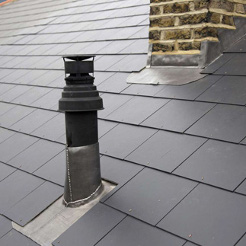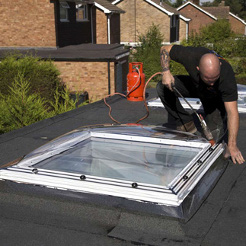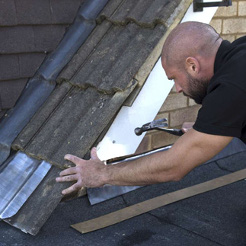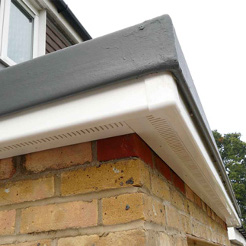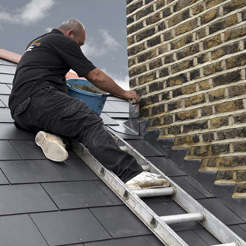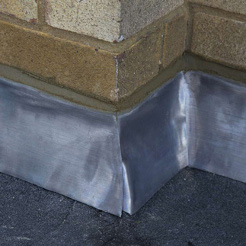In an era where environmental concerns are on everyone’s minds, the importance of sustainable living and reducing our carbon footprint cannot be overstated. One often-overlooked aspect of eco-conscious living is the insulation of our homes, particularly the roof. In the UK, where the climate can be quite unpredictable, roof insulation is not just about staying warm; it’s about being environmentally responsible. In this blog, we’ll explore the environmental benefits of roof insulation and why it’s crucial for property owners.
Energy efficiency
One of the primary environmental benefits of roof insulation is increased energy efficiency. Properly insulated roofs significantly reduce heat loss during the colder months and heat gain during the summer, making your home more comfortable year-round. This means you’ll use less energy to heat or cool your home, leading to reduced greenhouse gas emissions from heating and cooling systems.
Lower carbon emissions
In the UK, residential heating accounts for a substantial portion of carbon emissions. By insulating your roof, you can help lower your carbon footprint. Less energy consumption equates to fewer emissions, aligning with the country’s commitment to achieving net-zero emissions by 2050. Roof insulation is a practical and impactful way for individuals to contribute to this goal.
Reduced fuel consumption
When your home is well-insulated, you’ll need less fuel (gas, oil, or electricity) to maintain a comfortable indoor temperature. This not only saves you money but also decreases the demand for fossil fuels, which are the primary culprits behind air pollution and climate change. Lower fuel consumption translates into a healthier environment and a reduced dependency on non-renewable resources.
Mitigating heat island effect
Roof insulation also plays a role in mitigating the heat island effect in urban areas. In cities like London, which can experience significantly higher temperatures than surrounding rural areas due to concentrated human activity and heat-absorbing surfaces, well-insulated roofs help keep buildings cooler. This reduces the overall heat buildup in urban environments, making cities more livable and environmentally friendly.
Conservation of resources
By reducing the need for frequent heating and cooling, roof insulation extends the lifespan of HVAC systems. This, in turn, decreases the demand for manufacturing new units and the environmental impact associated with their production. Additionally, insulation materials are often made from recycled or sustainable materials, further contributing to resource conservation.
Preservation of natural habitats
Using less energy and reducing emissions helps protect natural habitats and biodiversity. Lower carbon emissions reduce the overall impact of climate change on ecosystems. By insulating your roof, you’re playing a part in preserving the beauty and balance of the UK’s diverse natural landscapes.
Government incentives
The UK government encourages energy-efficient home improvements through various incentives and grants. These incentives can help offset the cost of roof insulation, making it an even more appealing option for homeowners. Taking advantage of these programs not only benefits your wallet but also supports the broader environmental agenda.
In the United Kingdom, insulating your roof is not just about staying warm in the winter or cool in the summer; it’s a responsible choice that aligns with global efforts to combat climate change and reduce carbon emissions. The environmental benefits of roof insulation are clear, from energy efficiency and lower carbon emissions to resource conservation and habitat preservation. By taking steps to insulate your roof, you’re not only making your home more comfortable but also contributing to a greener and more sustainable future for the UK and the planet as a whole.

